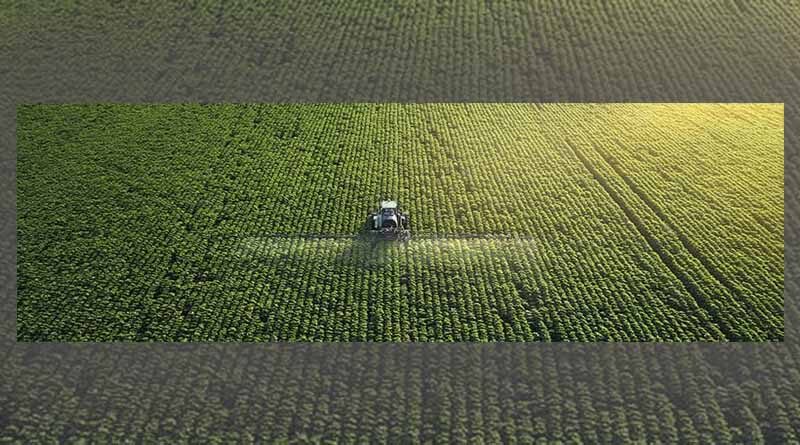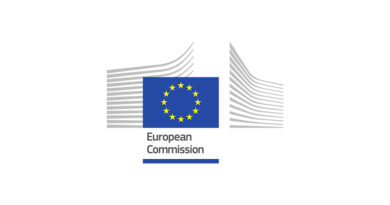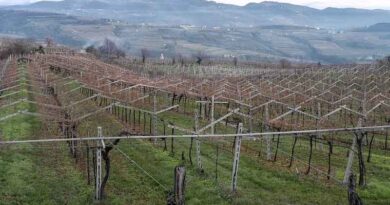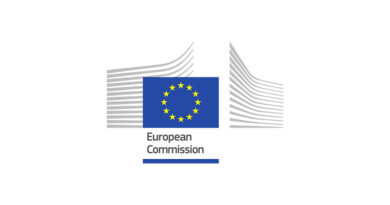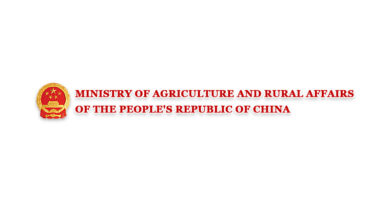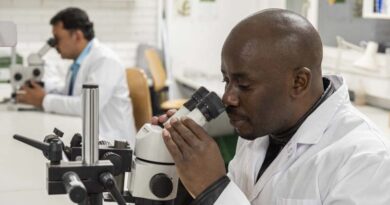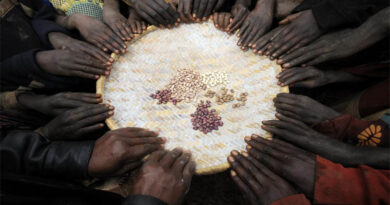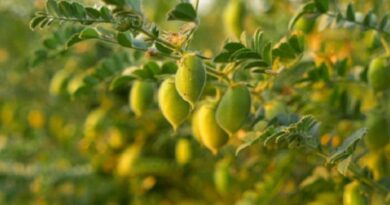EU Council calls for F2F pesticide reduction impact re-assessment
11 January 2023, EU: The EU Council of national ministers has requested the European Commission to provide a complementary study to its existing impact assessment on the sustainable use of plant protection products. The Council points out that the previous impact assessment provided by the Commission was based on data collected and analysed before the outbreak of Russia’s war in Ukraine. As a result, member states are concerned that it does not take into account the long-term impact on food security and the competitiveness of the EU agricultural sector. The Council has made the call for complementary data to ensure food security as a central objective of agriculture.
In June, the Commission proposed legally binding targets with clear objectives and enforceable rules to reduce by 50% the use and risk of chemical pesticides and the use of more hazardous pesticides by 2030. The proposal would transform the existing EU sustainable use of pesticides Directive (2009/128 – SUD) into a sustainable use regulation (SUR) which would be directly applicable in all member states. Member states would set their own national reduction targets within defined parameters to ensure that the EU wide targets are achieved. The targets were laid out as part of the EU’s Farm to Fork strategy unveiled in 2020.
In August, Commission representative Andrew Owen-Griffiths presented an impact assessment of the controversial proposal to the European Parliament’s Agricultural Committee (AGRI). However, a majority of member states have repeatedly pointed out since then that the impact assessment for the Commission’s proposal was conducted before the onset of the Russia-Ukraine war.
Impact on food security
The Council has expressed its concern that the impact assessment accompanying the proposal does not consider the possible long-term impacts of the proposed regulation on food security in the EU. The fact that the impact assessment was concluded before the war in Ukraine and the energy, fertilizers and food price crises, further validates those concerns, the Council says.
As a result, the Council considers that additional quantitative analysis on a number of indicators needs to be conducted in order to determine whether the assessment of the economic and social effects of the proposal needs to be adjusted. In particular, the Council considers that an additional analysis reflecting the EU’s agricultural production, the expected decrease in yields in the EU resulting from the reduction and restriction of the use of plant protection products, and the potential dependence on food and feed imports should be carried out. The Council also says that a more in-depth analysis of the situation of small and medium enterprises and the profitability along their supply chain would be necessary.
The progress report presented by the Czech Presidency at the Agriculture and Fisheries Council in December noted that the Commissions’ impact assessment does not provide adequate quantitative analyses regarding the potential impact of the proposal on the EU’s agricultural sector and potential increased food dependence, nor does it consider the impact of the proposed ban of plant protection products in sensitive areas, especially given the limited availability of low-risk alternatives to regular chemical pesticides, and without similar requirements for imported foods in the EU market. The report further noted that reduction targets at national level should be decided in a flexible manner, taking into account the specific conditions of each member state.
The Council has, therefore, called for complementary data on the issues outlined above. It has requested the Commission to submit the necessary data as soon as possible, and at the latest by six months after its entry into force. The EU Council decision 2022/2572 entered into force on December 27th 2022, following its publication in the Official Journal of the EU.
Under pressure from member states and the EU Council of ministers, the EU Commissioner for Health and Food Safety, Stella Kyriakides, recently indicated room for flexibility in the proposals, stating that it was not meant to be a “take it or leave it” proposal and stressing that the Commission remains open to potential solutions and to finding ways forward.
Also Read: Garuda Aerospace signs MoU with Rallis India
(For Latest Agriculture News & Updates, follow Krishak Jagat on Google News)

